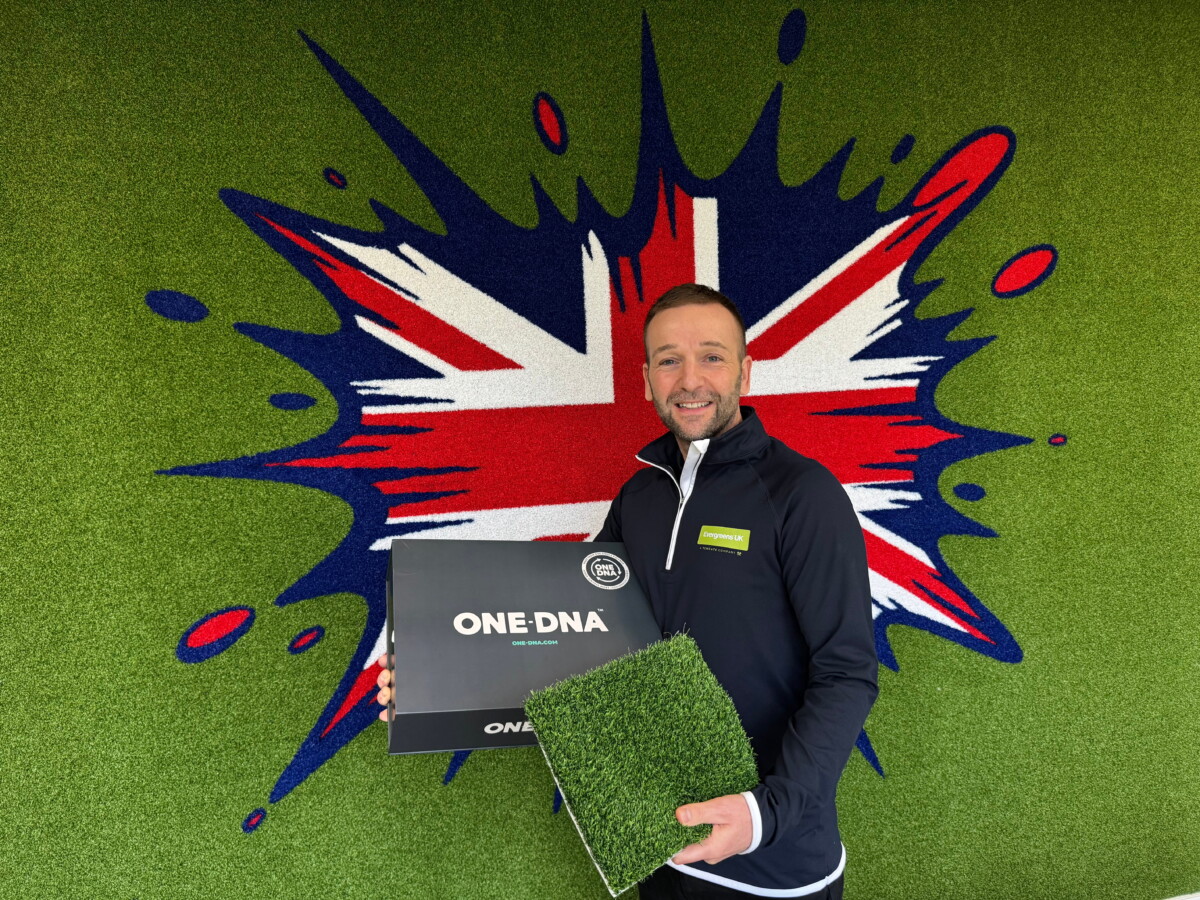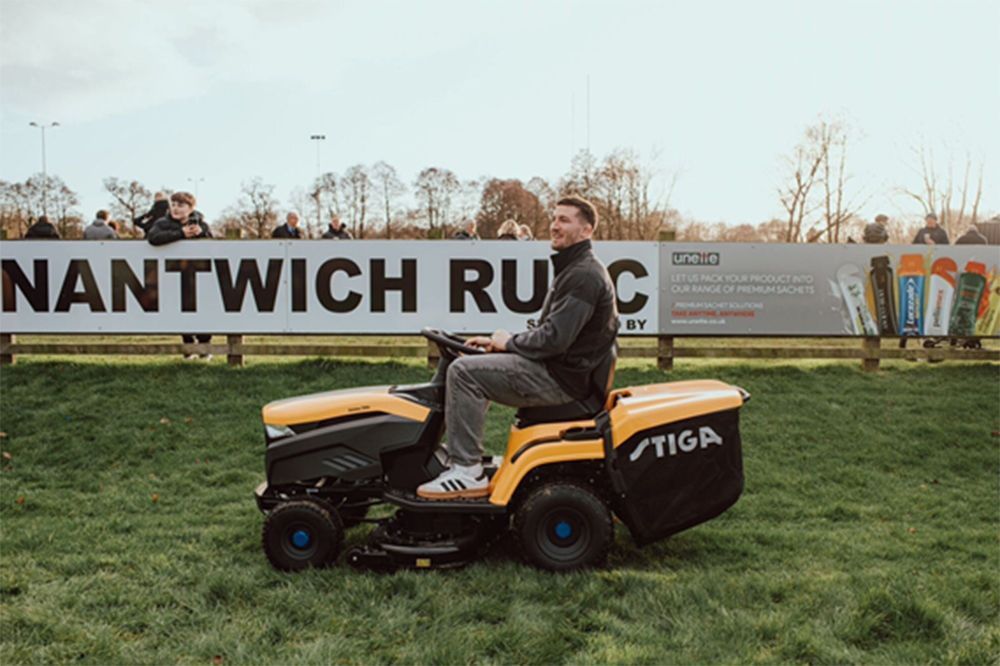COVID-19 advice for course maintenance: What is classed as ‘essential maintenance’ during the Covid-19 outbreak? The R&A and BIGGA have had their say.
How much maintenance does a golf course really need during the coronavirus pandemic?

After the Government put new curbs on personal movement as the outbreak intensified, greenkeeping teams were advised by the Department for Culture, Media and Sport they could still attend work for “security and essential maintenance purposes”.
That led the body that represents greenkeepers, the British and International Golf Greenkeepers Association, to urgently seek clarification on what ‘essential’ actually meant. Now the R&A, in conjunction with BIGGA, have given their view. Here is the statement in full…
Essential Maintenance Statement for Golf Courses during COVID-19 Outbreak
The following industry statement sets out a reduced, essential maintenance regime for greenkeeping that protects workers, jobs and secures golfing facilities for the physical and mental wellbeing of millions of golfers who will resume play when social distancing rules are ended. The UK’s £2bn GVA golf industry is only sustainable if greenkeepers continue to work, safely and securely.
Our industry statement outlines those treatments considered essential for the safe maintenance a golf course during the current government restrictions. It is accepted that golf courses exist in many different forms, on many different soil types and in differing landscapes and that this guidance may require adaptation.
Working practices
The primary consideration must be the health and wellbeing of greenkeeping staff. All golf facilities should implement stringent measures to ensure staff members are not at risk. The amount of time that greenkeeping staff are at work should be kept to a minimum and be tailored to fit with the agreed essential maintenance programme.
Measures should include but are not limited to:
- Focus on hygiene and social distancing
- Ensure staff members work separately
- Allocate individual machinery to one worker only
- If multiple staff on site, then stagger working hours and break times
- Limit or prohibit use of communal areas
- Regularly disinfect any surface that is contacted e.g. door handles, fuel pumps, communal machinery
- Ensure there is a robust lone working policy
Mowing
Greens should be mown according to the rate of growth to a maximum of three times per week. Dew removal should be considered on non-mowing days as required to prevent disease spread.
Tees and green surrounds should be mown according to the rate of growth to a maximum of once per week.
Fairways should be mown according to the rate of growth to a maximum of once per week.
Managed roughs and grass paths should be mown according to need to a maximum of once every two weeks (fortnightly). Only roughs considered to be in direct play should be mown allowing for naturalisation to areas largely out of play.
The height of cut adopted for all these areas is site specific but the elevation of the cutting height on fine turf areas is advised to minimise unnecessary stress on the turf. The aim of the above operations is to maintain uniformity, density, texture and health to allow surfaces to be quickly brought back to an appropriate playing standard once play resumes.
Irrigation and Nutrition
Irrigation and nutrition should be carried out as necessary but with the objectives of keeping the turf alive, maintaining a full sward and preventing turf thinning. Avoid excesses of either input which will only serve to promote unnecessary growth and necessitate more maintenance.
Machinery and Equipment Maintenance
This should be carried out as required to ensure that essential equipment is kept safe and operational.
Operations such as maintaining bunkers, penalty areas, wider practice facilities (other than greens and tees), aeration, top dressing and spraying are not considered essential at this time. However, it is conceivable that occasional spraying to control an acute pest, weed or disease problem may be considered essential at times and in some circumstances.
Updates
Given the fluidity of the current situation there may be a requirement to update and re-issue this guidance in respect of future government advice.
Click here to read the original article
For the latest industry news visit turfmatters.co.uk/news
Get all of the big headlines, pictures, opinions and videos on stories that matter to you.
Follow us on Twitter and Instagram for fun, fresh and engaging content.
You can also find us on Facebook for more of your must-see news, features, videos and pictures from Turf Matters.

























